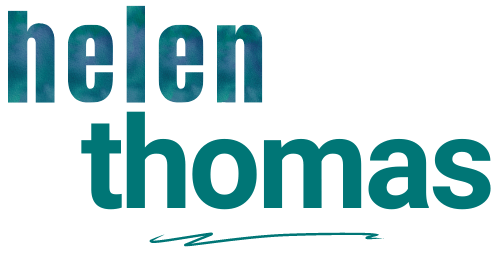One of my clients recently asked for advice on the best way to approach repeating a professional development program she’s undertaken in the past. This is such a great question because the most valuable things we learn are those frameworks and methodologies we can repeat time and again.
But, how often do you actually go back and work through something you’ve learnt before? And, if you do, do you work through the whole thing or pick and choose the bits you enjoyed or found valuable?
When you engage in something you’ve done before, even something you do regularly, it’s natural to assume you know exactly what will happen, what your experience will be and how you’ll feel. This applies to everything from the mundane, such as your commute to work each day, to something more challenging, like taking on a new project.
In reality, even though your life might sometimes seem a little “Groundhog Day”, no 2 moments or days or situations are exactly the same. A million variations make this moment entirely different to previous, similar moments.
Apply a “beginner’s” mindset
In your work-life, if you’ve been at it for a while with a few different roles, workplaces or businesses under your belt, this idea or feeling that you already know most things, can be even more profound. When was the last time you looked at your work (including place, people, processes, and projects) with completely fresh eyes?
When I work with new clients 1-1, the first principle I ask them to adopt is a beginner’s or growth mindset. More than a trendy coaching concept, the purpose behind this principle is to release you from preconceived beliefs, accept you might not already know the answer, and be open to learning. In doing so, you become open to new possibilities, find new and creative solutions, and make decisions with confidence.
Release your “shoulds” & “musts” to access a fresh perspective
1. ALWAYS BE CURIOUS
When it comes to designing a meaningful work-life, the best skill you can apply to the challenge is your curiosity. Question everything – yourself, your interests, and the status quo – and ask for assistance often. Even when you’re doing something you’ve done before, ask questions as if you’re doing it for the first time. Test your assumptions and opinions, not defensively, but with curiosity.
2. RELEASE THE EXPECTATIONS
Both those placed on you by others AND those you place on yourself. When you’re feeling stuck in your career, there’s a high likelihood you’ve been ensnared by what I like to call the “should trap”. “Should” is one of my least favourite words, because it immediately feels like something you don’t really want to do. “Should” (or it’s close relative “must”) is an indicator of something you’ve been told or directed to do by someone else. And while that might work perfectly fine for them, it might be completely wrong for you.
3. EMBRACE EXPERIMENTATION
Remember when you learnt to ride a bike? You didn’t just jump on and take off… at least, I didn’t! More likely you started with training wheels and a gentle guiding hand, and with repetition and practice you gradually got going. Once you felt more comfortable you tried new things… “look, no hands”. You didn’t always know how it would turn out – some things worked, and some didn’t. Designing your career is the same. It’s never one big “all or nothing” leap but instead lots of small, experimental steps.
4. TURN DOWN THE VOLUME ON YOUR INNER CRITIC
When you’re making big decisions or attempting to make changes, one of the loudest voices you’re likely to hear is your inner critic. Your inner critic has really good intentions! She/he/they are trying to protect you from situations that seem to present risk. Unfortunately trying to silence this unhelpful voice doesn’t work and can make them even noisier! Instead, accept they’re there, appreciate they’re trying to help, then gently turn down the volume on their judgements and opinions.
The next time you’re about to undertake a routine activity, channel your inner 5-year-old by challenging yourself to do it differently – try a new coffee shop, take a different route to work or change the agenda for your team meeting. What happens? And how does it make you feel? If you’re ready to change your status quo, you need to think differently about what’s possible for you. Let’s discuss how I can help you stop procrastinating and take action to design your version of a successful and meaningful career.

